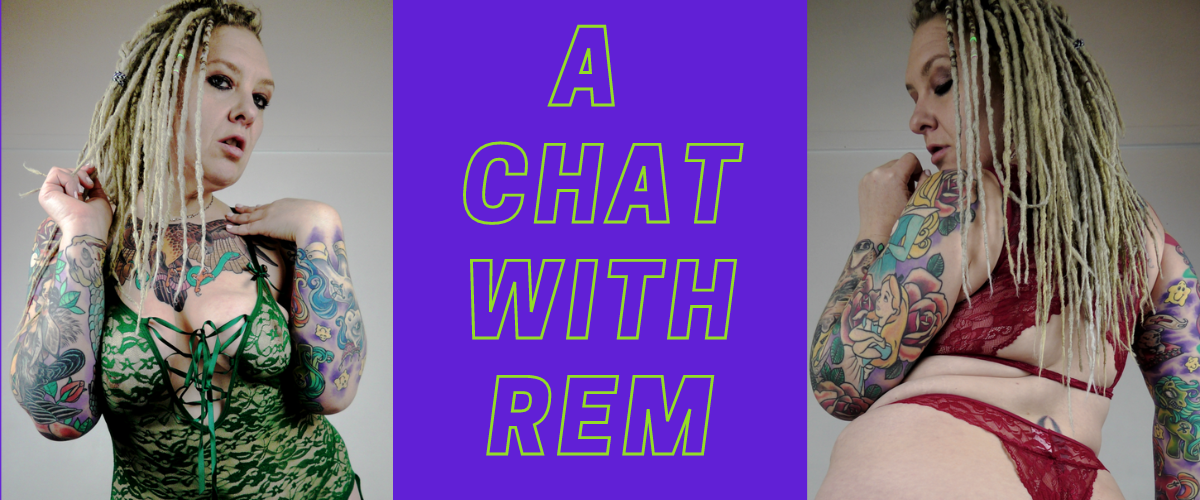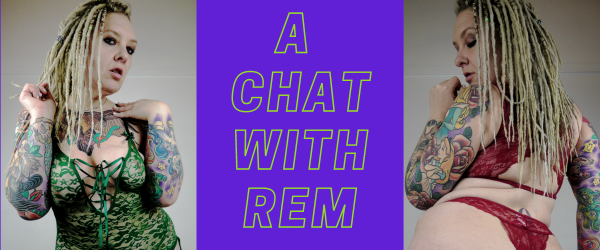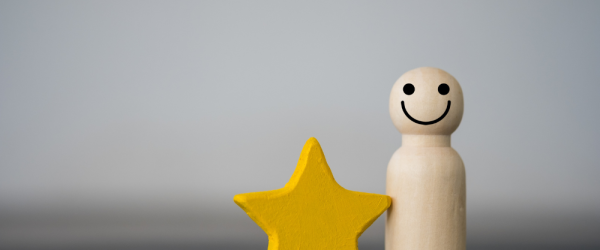You may have heard of seasonal affective disorder (SAD), a type of mood disorder that affects people at the same time every year.
Although it is unclear what causes SAD, it is mainly thought to relate to hormone changes and the reduction in sunlight during winter. Those in the Northern Hemisphere who suffer from SAD may be experiencing increased depression and anxiety symptoms, starting alongside winter in December.
But did you know there is another type of seasonal depression, called the “Holiday Blues?” This may be something you or your fans experience at this time of year, and something to keep in mind as we enter the festive season.
What Are The Holiday Blues?
The holiday blues are not recognized as a psychiatric condition by the DSM-V, the diagnostic manual used by mental health professionals. However, there is evidence to suggest that those who already have a mental health condition, such as anxiety or depression, experience worsening symptoms during the lengthy holiday period celebrated at the end of every year.
The worsening of symptoms is predominately experienced as an ongoing feeling of sadness, which may vary in its intensity and duration. Other symptoms that may accompany this are depressed or irritable mood, changes in eating and sleeping habits, losing pleasure in things that once made you happy and feelings of guilt and worthlessness.
The holiday period is a busy time for most people, accompanied with additional social and emotional pressures. Therefore, changes in sleeping and eating habits, and feeling stressed and irritable are not unexpected. The difference in the holiday blues is the persistence of symptoms and their onset, which usually begins in the months leading up to the end of year festivities. Although the symptoms can be relatively mild, for those with significant mental health issues, it can be a very distressing experience and a time of increased vulnerability.
Why Do People Experience Holiday Blues?
As I mentioned above, the festive months are busy for most people, with increased social gatherings, family commitments and the finalizing of the calendar year. The causes of holiday blues differ according to the individual, but some of the main triggers include isolation/being unable to be with loved ones, overcommercialization of the holidays, and unrealistic expectations of the season.
People who have experienced family and interpersonal conflict are also vulnerable to being affected by these feelings, as togetherness, family and positive interactions with others are given extra emphasis. These dynamics are out people’s control, and the holiday season has a way of bringing these issues into keen focus.
How To Manage The Holiday Blues
If you experience a change in mood or an increase in your mental health symptoms during the holiday period, the first thing is becoming aware of it and recognizing what the changes you are experiencing are related to. If you are currently being treated for a mental health issue, talk with your physician about your symptoms. There may be options for treatment, such as increasing any current medications, or psychotherapy to help manage the symptoms.
There are other strategies to help manage distress you may experience around the holidays. These include:
- Drink only in moderation: alcohol is a depressant and will exacerbate these feelings. Avoid overdoing it.
- Stay connected: although it is easy to isolate yourself at this time, it is important to stay connected to others.
- Exercise regularly: regular physical activity can help alleviate the symptoms of depression, and even a casual short walk each day is beneficial.
- Set realistic expectations: keep your expectations achievable and remember that holidays change along with the people that celebrate them. And that is to be expected.
- Learn to say no: the festive season is usually accompanied by more demands on you. It is ok to set boundaries and limits to protect your energy.
—
Rem Sequence is an Australian adult content creator, blogger, and internationally published alt model. She has a background in psychology, philosophy and political science and worked in health and sex education, youth work and trauma counselling for almost two decades. Now, she works full time in the adult industry, as well as indulging her passion for arts, writing and music in numerous side projects. Contact Sequence via rem@ynotcam.com and visit her on Twitter at @remsequence.









